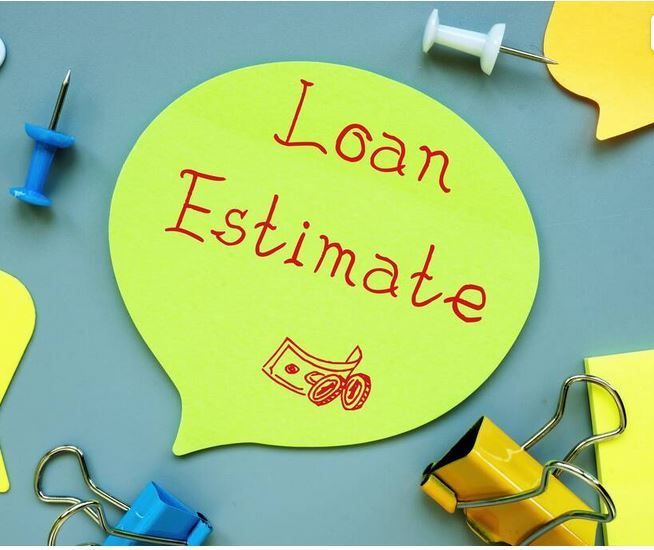Co-Signing a Mortgage: A Generous Gesture or Financial Gamble?

1. What Does It Mean to Co-Sign?
When you co-sign a mortgage, you agree to take on equal responsibility for the loan. This means if the primary borrower fails to make payments, the lender will expect you to step in and cover the payments. The loan will also appear on your credit report, and your credit score could be affected by late payments or default.
2. Your Financial Liability
Co-signing doesn’t just make you a back-up payer—you are fully liable for the mortgage debt. If the borrower defaults, the lender can pursue you for repayment, potentially leading to garnished wages or liens on your property. Before co-signing, ask yourself if you’re prepared to assume full responsibility for the mortgage if things go wrong.
3. Impact on Your Credit
The mortgage will appear on your credit report, which could affect your debt-to-income ratio. This could make it more difficult for you to secure financing for your own needs, such as purchasing a car, refinancing your home, or taking out personal loans.
4. Limited Control Over the Property
Even though you’re equally responsible for the mortgage, you won’t necessarily have any ownership rights to the property unless your name is on the deed. This lack of control can leave you in a vulnerable position if the borrower falls behind on payments or decides to sell the property without consulting you.
5. Strain on Relationships
Money matters often lead to tension, and co-signing a mortgage is no exception. If the borrower struggles to make payments or defaults, your relationship could suffer. Before agreeing to co-sign, have an honest conversation about financial expectations and contingency plans.
6. Tax Implications
If you’re forced to step in and make payments on the borrower’s behalf, you may be eligible to deduct the mortgage interest you paid. However, navigating tax implications can be complex, so consult with a tax professional to understand your rights and obligations.
7. Ways to Mitigate Risk
If you decide to co-sign, consider these steps to protect yourself:
• Review the Borrower’s Financials: Ensure the borrower has a stable income and good credit history.
• Understand the Loan Terms: Review all loan documents carefully, and consider consulting with a real estate attorney.
• Set Boundaries: Agree in advance on how you will handle missed payments or other issues.
• Monitor the Account: Request access to the mortgage account to stay informed about payment activity.
• Explore Alternatives: Instead of co-signing, you might offer to assist with a down payment or help the borrower build credit.
8. Consult a Real Estate Attorney
Co-signing a mortgage is a significant legal and financial commitment. Speaking with a qualified real estate attorney can help you fully understand the implications and ensure your interests are protected.
Final Thoughts
While co-signing on a mortgage can be a generous gesture, it’s not a decision to take lightly. By understanding the risks, setting clear expectations, and consulting with professionals, you can make an informed choice that protects both your financial health and your relationship with the borrower.
If you have questions about co-signing or other real estate matters in Vermont, the Peet Law Group is here to help. Contact us today for personalized guidance tailored to your unique situation.










